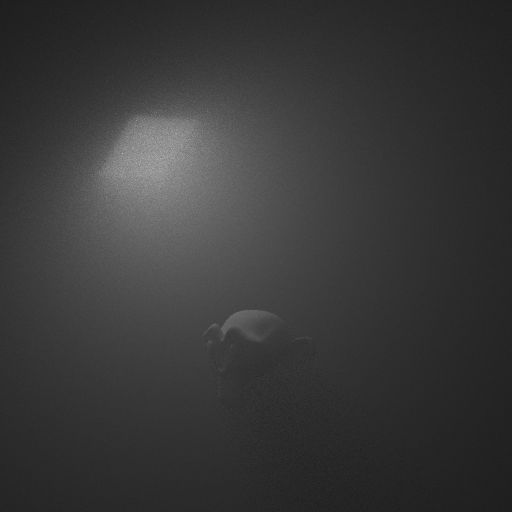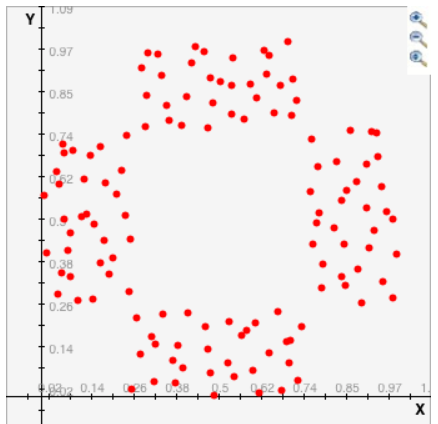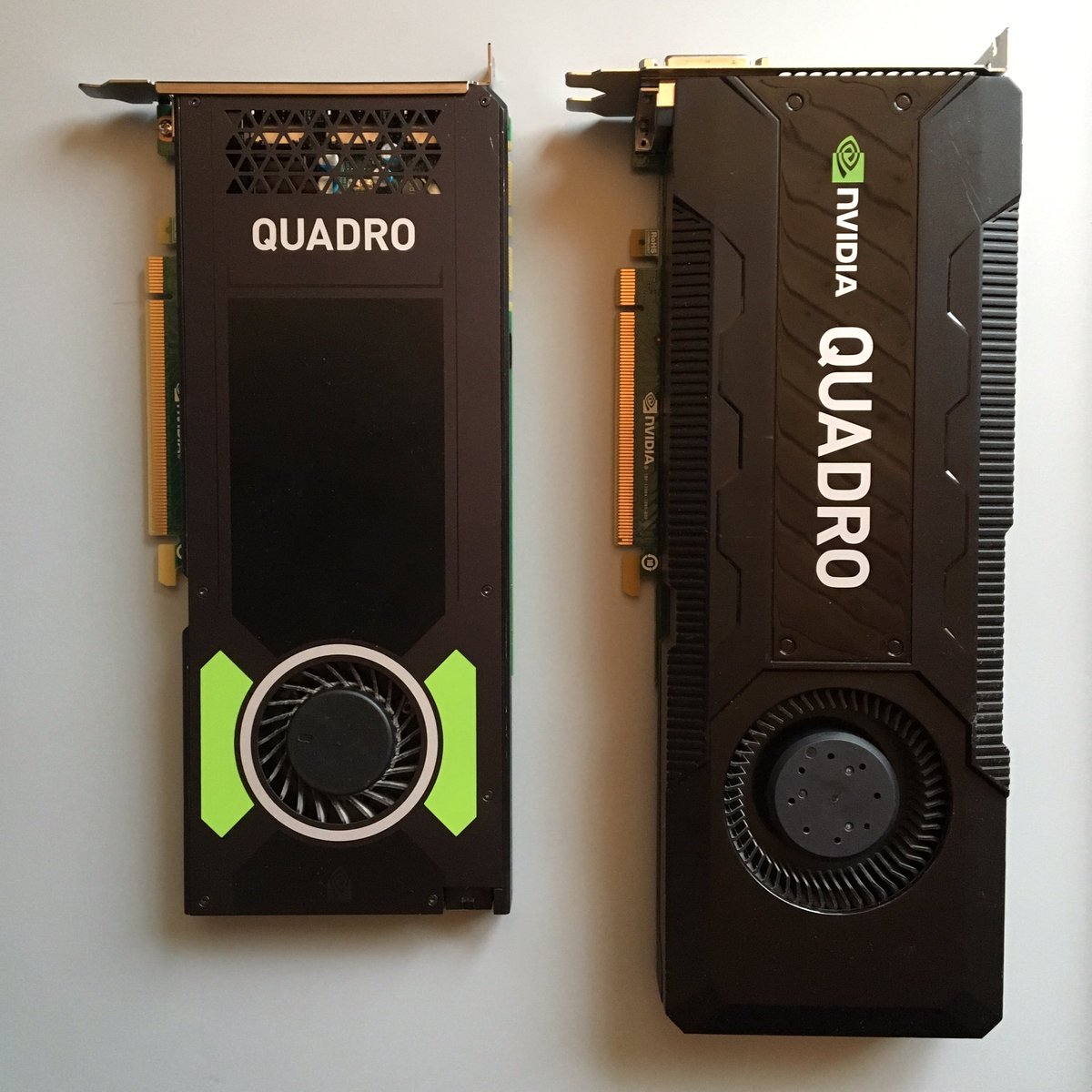
Die Würde des Menschen ist unantastbar.
Eigentum verpflichtet. Sein Gebrauch soll zugleich dem Wohle der Allgemeinheit dienen.
How to get URL link on X (Twitter) App



 The literature I found (SIGGRAPH course notes, Kulla/Fajardo 2012 paper) don't go into exact details on how to do area lights optimally.
The literature I found (SIGGRAPH course notes, Kulla/Fajardo 2012 paper) don't go into exact details on how to do area lights optimally.


 Code at: gist.github.com/skwerner/d733d…
Code at: gist.github.com/skwerner/d733d…


 These are in Germany and were used for testing and benchmarking CUDA code (Blender and Poser) I wrote on my laptop and/or my 1080Ti. Never did any extensive gaming, mining or rendering with them.
These are in Germany and were used for testing and benchmarking CUDA code (Blender and Poser) I wrote on my laptop and/or my 1080Ti. Never did any extensive gaming, mining or rendering with them.